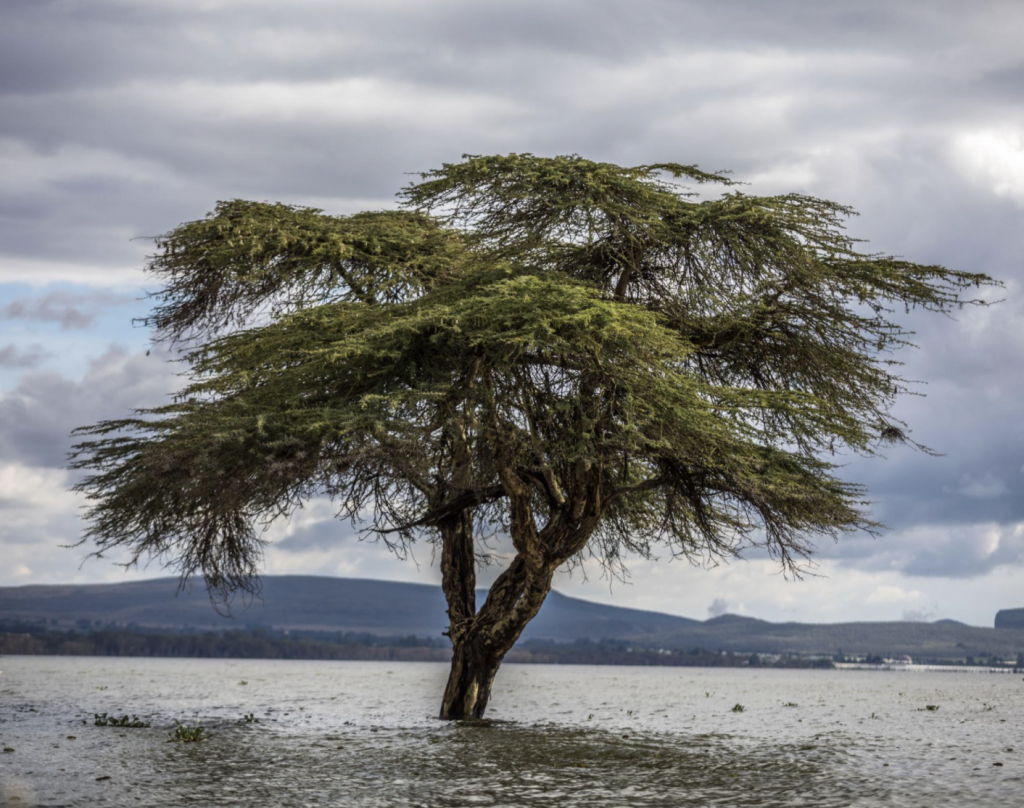
Human-hippo conflict is exploding in this pristine patch of Kenya
Floods and the economic fallout from COVID-19 are pitting hungry fishermen against hungry hippos—with deadly results.
Read: English | Spanish | Portuguese
Photos by Brian Otieno.


Floods and the economic fallout from COVID-19 are pitting hungry fishermen against hungry hippos—with deadly results.
Read: English | Spanish | Portuguese
Photos by Brian Otieno.
Read the full story at Guernica
Support from the Pulitzer Center on Crisis Reporting and Haiti Grassroots Watch.
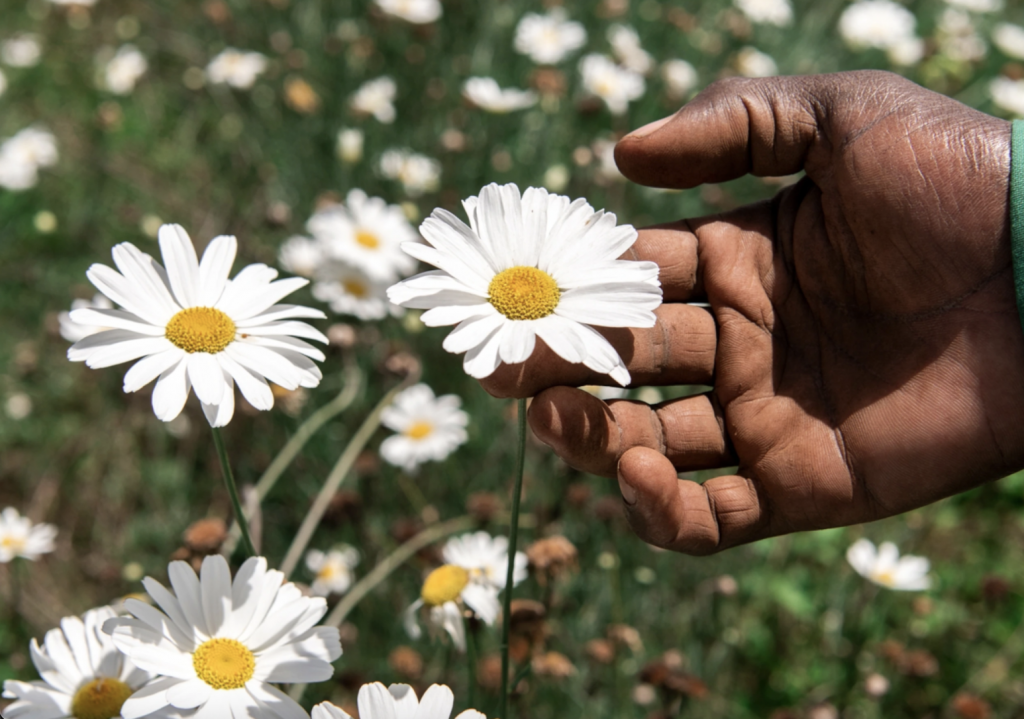
Pyrethrum contains a potent chemical that is made into an environmentally friendly insecticide. Photos by Vito Fusco
GILGIL, KENYA–The deadliest flower in the insect world is soft to the touch. Each morning in the hills above Kenya’s Great Rift Valley, the white petals of the pyrethrum plant become laden with dew. To the people who pick them, the flower is utterly harmless. But bugs beware: Its yellow center contains a natural toxin that can kill them in seconds.
Read: National Geographic
Haiti’s earthquake shattered several cities, but it also birthed another. A place with space for the dead is a place with space for the living. And in post-earthquake Haiti, space was in short supply. Called Canaan, after the biblical holy land, a place defined by death has come alive.
Read: Pacific Standard
Drive along the dusty dirt road that winds through Kenya’s Hell’s Gate National park, past the zebra, gazelles and giraffes, and you’ll see a plume of steam shooting skyward in the distance. Vehicles must sometimes swerve to avoid running over warthogs as they enter a vast valley dotted with dozens of steam vents – a factory of clouds.
Blasts of steam billow loudly, releasing heat from deep within the Earth. But even more powerful is the steam you don’t see: that which twists through miles of tubes to push past turbines, generating a type of clean energy that won’t run out for millions of years.
Read: BBC Full Steam Ahead
Kenya has become a safe haven for scores of refugees fleeing war and famine in neighboring countries. But that sense of sanctuary doesn’t always stand true if you’re young, vulnerable and gay. In secret hideaways and temporary homes, LGBT refugees are being forced yet again to hide their true selves.
In Kenya’s Baringo County, police reservists are tasked with carrying out the work that Kenya’s real police and armed forces have been unable or unwilling to do: fighting off armed bandits who are terrorizing parts of central Kenya as they steal livestock and shoot anyone who gets in their way.
Read: The Guardian
Ten years after UN Peacekeepers introduced cholera to Haiti, against all odds, Haiti’s cholera crisis now appears to be over.
Read: How Haiti Curbed Cholera
Supported by the Pulitzer Center.
The first anti-gay laws on the African continent have become the target African LGBTQ-rights activists, who argue that homophobia, not homosexuality, was an import from the West.
Read: The Atlantic

Farmer Remy Augustin, 54, prepares the ground to plant maize on a plot owned by his niece near Caracol, Haiti, December 10, 2019. Handout by Allison Shelley
A decade after an earthquake killed more than 200,000 people, farmers in Haiti are waiting to receive compensation for their land used to build an industrial park. Located in Haiti’s northern region, the $300 million Caracol Industrial Park opened in 2012 and now employs approximately 15,000 people, most of whom work in clothing factories there.
In 2018, farmers who had been evicted from their land in 2011 struck a rare deal with the IDB to provide Caracol’s 100 most vulnerable families with new, titled land.
Read the full story at the Thompson Reuters Foundation (PLACE). Reporting supported by The Pulitzer Center for Crisis Reporting.
THIS IS HOW THE HEART BEATS: LGBTQ EAST AFRICA
BY JAKE NAUGHTON AND JACOB KUSHNER
ORDER NOW: IndieBound / Amazon / Barnes&Noble
“This book is a celebration of diversity, of resilience, of love, of standing up to one’s oppressors, and overcoming. This is the LGBTQ community of Uganda. This is my community. This is our reality.” — activist Ruth Muganzi.
|
Same-sex relations are illegal in thirty-two African countries. Most, including Kenya and Uganda, were former British colonies, and the legacy of the colonialists’ anti-gay legislation can be felt to this day. This Is How the Heart Beats (The New Press, February 2020) by acclaimed photographer Jake Naughton and noted writer Jacob Kushner is a powerful and intimate series of portraits of LGBTQ Ugandans, Kenyans, and other East Africans. Some have decided to stay in their homeland despite the discrimination and abuse they face there. Others have fled as refugees, applying for resettlement to a part of the world where they will not be persecuted for who they love. In a world with more refugees than ever before, and at a time when prejudice toward refugees runs high across the globe, this work illuminates the stakes for one group at the center of it all. The book includes supporting texts by Jacob Kushner, a foreword by Ugandan queer activist Ruth Muganzi, and an essay by Cynthia Ndikumana, a transgender activist from Burundi. |
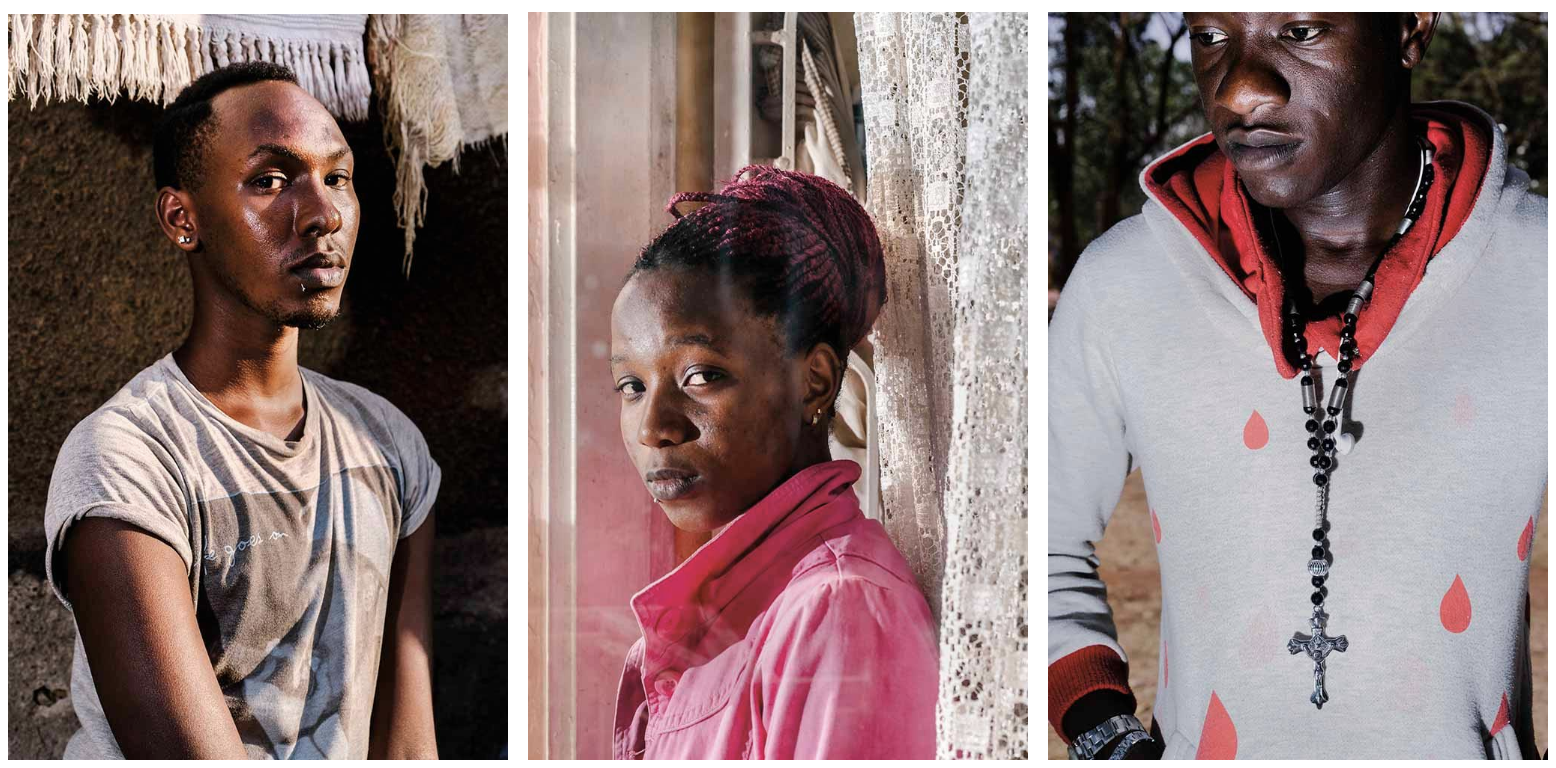
Book Details: The New Press, Paperback. ISBN: 978-1-62097-488-98 x 10, 152 pages. List Price: $21.99 (US). Media Contact: Andrea Smith / Andrea Smith Public Relations: +1 646-220-5950 Email: andreasmith202@gmail.com
ORDER NOW: IndieBound / Amazon / Barnes&Noble
For 35 years, researchers have been working to develop an effective malaria vaccine. Now they are beginning to approach the goal. Read the original story at Bistandsaktuelt (Norway), or an English translation.
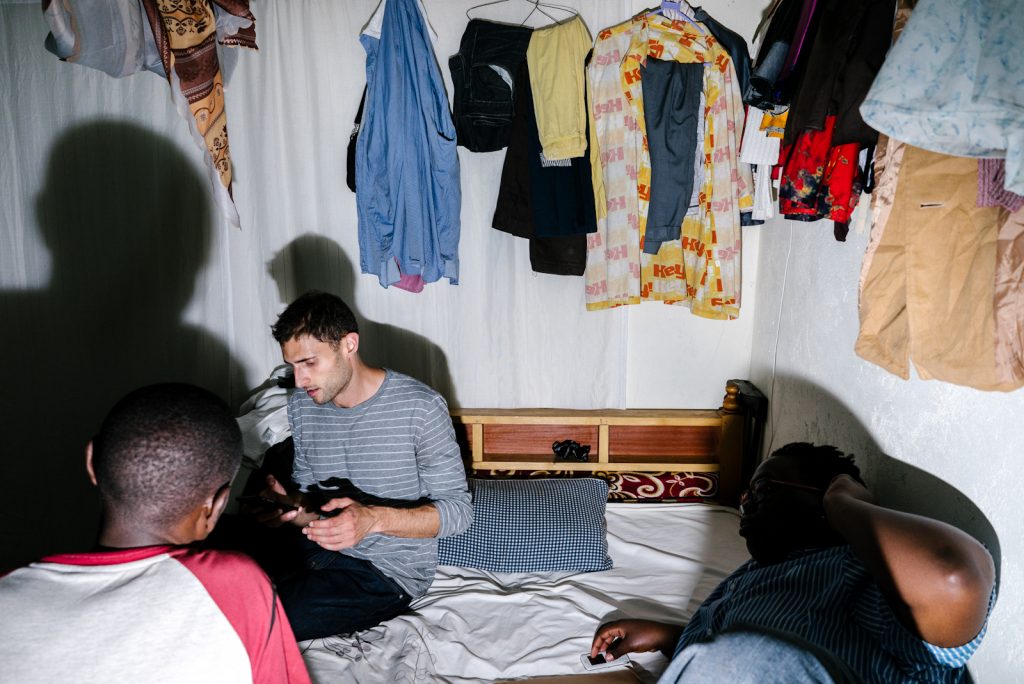
Cynthia, a lesbian who fled Burundi, and Sulait, a gay man from Uganda, share their stories from their refugee hideout in Nairobi, Kenya. Both have since been resettled abroad. Photo: Jake Naughton
A longtime source of mine once tried to convince me that “We are all refugees, wherever we are. Anything could happen tomorrow, and I’d have to be on the run.” But my life couldn’t be more different, I countered – there’s nothing on the horizon forcing me to flee. His concept of home was so impermanent: “No matter how much you want a place to be home, it’s not going to be forever.”
I think what draws me to people in flux is the chance to understand a nomadic life that’s so different from my own. “That’s one thing I learned – not to get hung up about home,” he told me. “To make home wherever you are. To not have too many expectations.” That last phrase stuck with me – the idea that the world’s displaced may have given up expecting anything from the rest of us. I hope that my reporting draws some attention to their plight.
Read: The Overseas Press Club
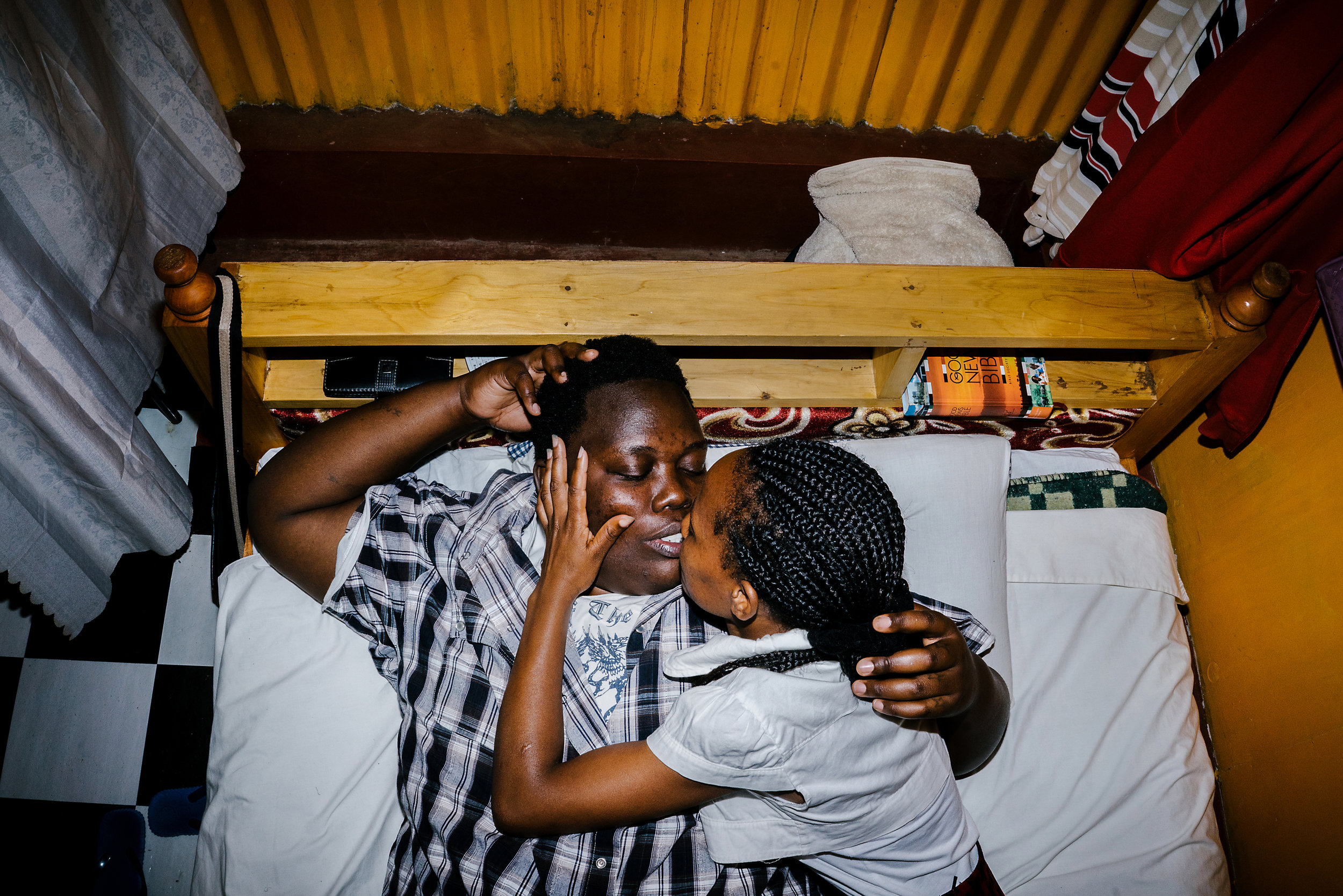
Jake Naughton
The law in question is a colonial-era ban on “carnal knowledge against the order of nature” is part of the penal code in dozens of former British colonies. Many of them are former British colonies with the exact same law on the books.
The activists who brought the case contend that the law is used to exploit and extort, and that it is used to justify discrimination against LGBT people. Opponents have said they will consider alternative measures if the law is overturned, including, potentially a referendum.
Joining The Takeaway to explain what’s at stake is Jacob Kushner, a freelance journalist based in East Africa. Listen to the full interview at WNYC’s The Takeaway. Produced by Beenish Ahmed.
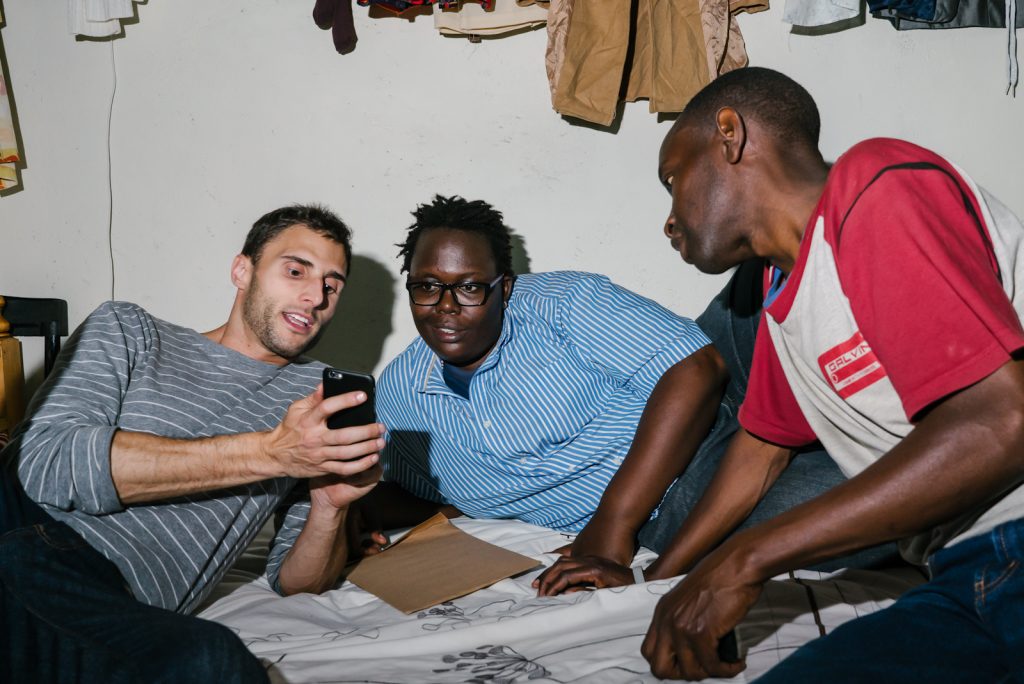
“Solutions journalism” is built around understanding not just what’s failing, but also what is working–and why. Too often we report singularly on problems without taking the time to explain when viable solutions to them exist. Solutions journalism doesn’t argue against covering abuses of power, conflict or corruption. It merely asserts that unless we also shed light on potential solutions to those problems, we haven’t quite finished the job.
Read my piece on the importance of Solutions Journalism in international reporting in Dateline, the magazine of the Overseas Press Club of America. Learn more at SolutionsJournalism.org